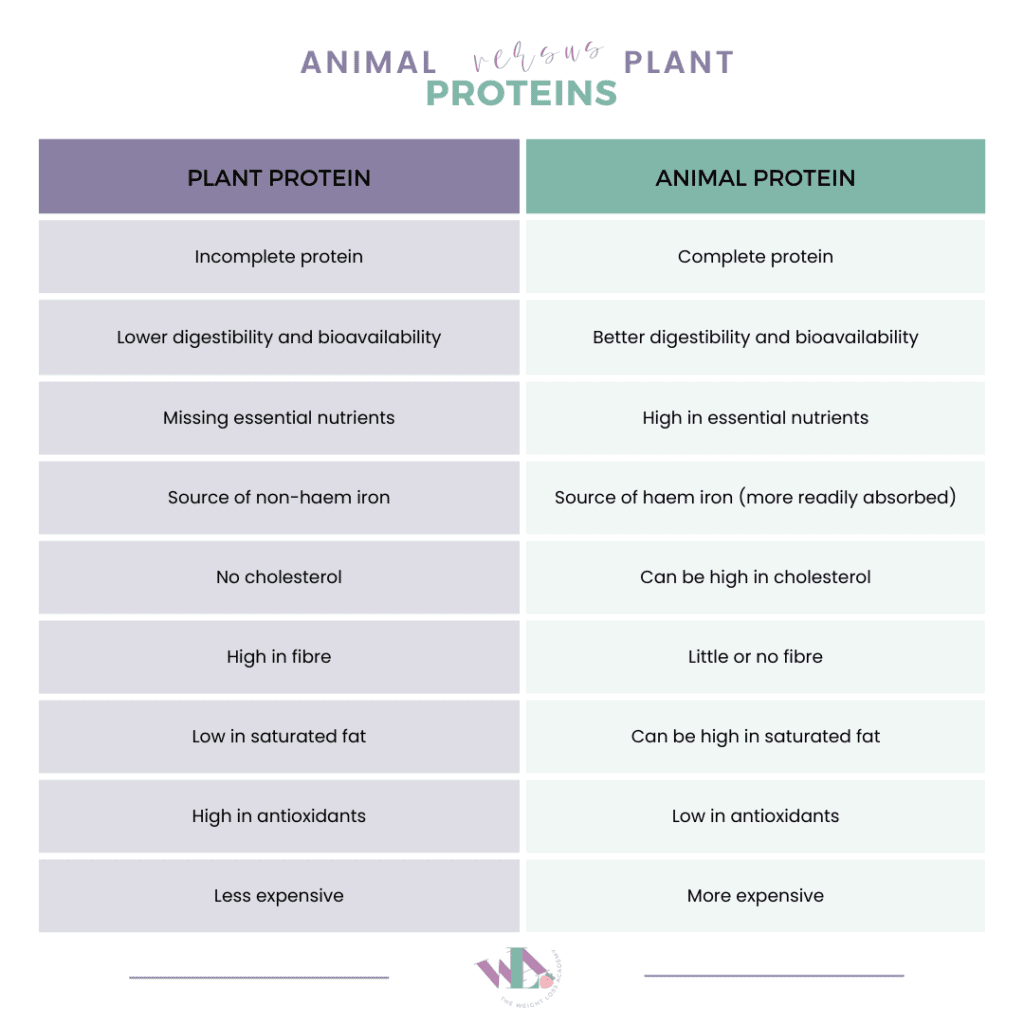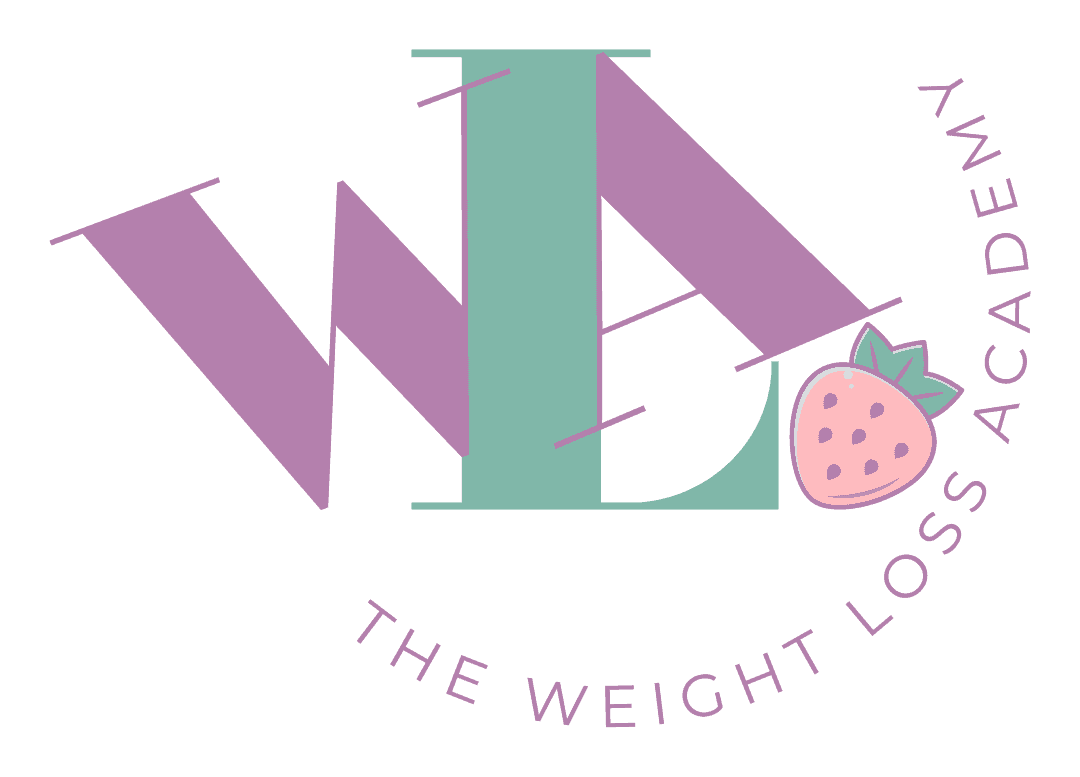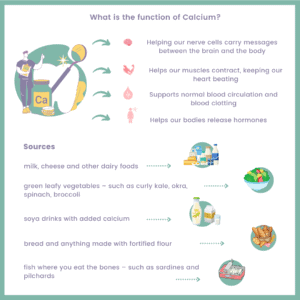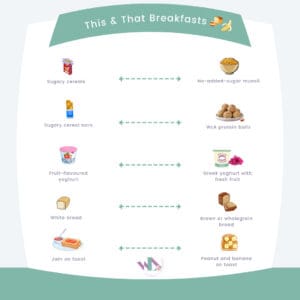
In our Facts About PROTEINS post, we noted that proteins can come from two sources: animals and plants.
Animal proteins from meat, fish, dairy and eggs OR plant proteins from grains, lentils, nuts, beans and legumes.
But have you ever wondered if plant proteins are as good as animal proteins?
Let’s have a look at the difference 👀
🍳🐟 ANIMAL PROTEINS
Animal proteins are complete proteins meaning that they contain all the essential amino acids. Animal proteins also have higher digestibility and bioavailability than plant protein sources, meaning that they survive digestion better so our bodies can absorb them. Despite being an excellent source of vitamins and minerals, especially haem iron, animal proteins can be higher in saturated fat and cholesterol and contain little or no fibre or antioxidants. Animal proteins can also be more expensive.
🥜🥦 PLANT PROTEINS
Plant proteins are incomplete proteins meaning that they are missing some essential amino acids. Unlike animal proteins, plant proteins are generally harder to digest and are absorbed more slowly. Plant proteins have been linked to health benefits including heart health, however, they do miss some essential nutrients which cannot be found in plants such as vitamin B12. On the plus side, plant proteins are low in saturated and cholesterol and high in fibre and antioxidants. Plant proteins are also generally less expensive compared to animal protein sources.
Overall, the main difference between animal and plant proteins is the combination of essential amino acids they contain. Protein is an essential component of a healthy and well-balanced diet irrespective of which type of protein source you choose.
🔄 Remember that variety in your diet is key and our bodies thrive on this. So, switch up your protein sources or go vegetarian a few days a week. You might be surprised that your favourite meat dishes work really well with lentils or tofu!
Let us know in the comments below if this helped you today.



